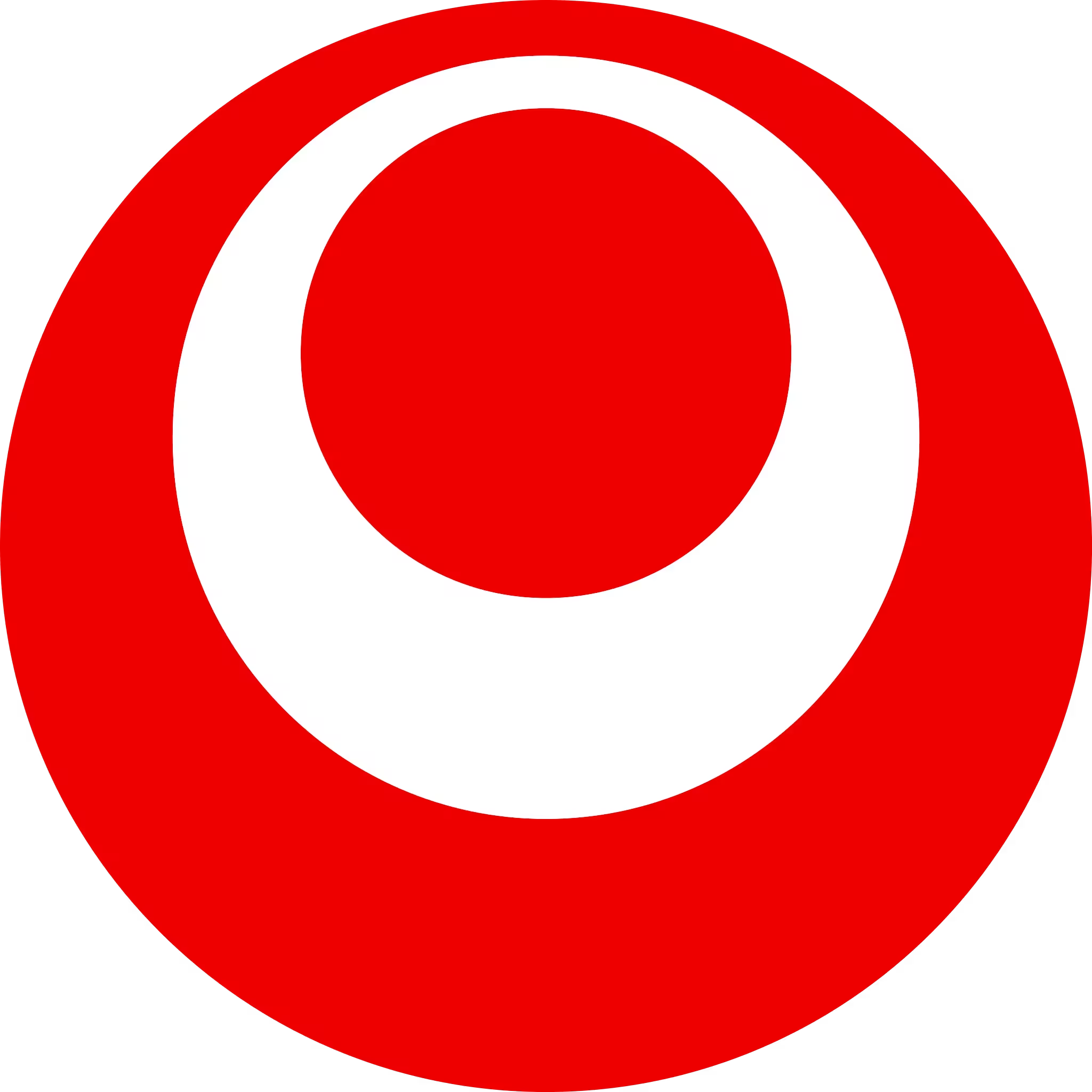One story that we couldn’t keep out of the press and that contributed most to my decision to walk away from my career in 2008 involved Nataline Sarkisyan, a 17-year-old leukemia patient in California whose scheduled liver transplant was postponed at the last minute when Cigna told her surgeons it wouldn’t pay. Cigna’s medical director, 2,500 miles away from Ms. Sarkisyan, said she was too sick for the procedure. Her family stirred up so much media attention that Cigna relented, but it was too late. She died a few hours after Cigna’s change of heart.
Ms. Sarkisyan’s death affected me personally and deeply. As a father, I couldn’t imagine the depth of despair her parents were facing. I turned in my notice a few weeks later. I could not in good conscience continue being a spokesman for an industry that was making it increasingly difficult for Americans to get often lifesaving care.
One of my last acts before resigning was helping to plan a meeting for investors and Wall Street financial analysts — similar to the one that UnitedHealthcare canceled after Mr. Thompson’s horrific killing. These annual investor days, like the consumerism idea I helped spread, reveal an uncomfortable truth about our health insurance system: that shareholders, not patient outcomes, tend to drive decisions at for-profit health insurance companies.



The conclusion of this essay should be neither surprising nor outrageous. A corporation is a machine specifically designed for the sole purpose of maximizing shareholder value. If that’s not what it’s doing, it’s malfunctioning.
We the people have, via our elected representatives, chosen to have a system where corporations control what healthcare we can receive. If you want to blame someone (which isn’t productive) then blame the fellow Americans whose votes have supported and continue to support the current system. They’re the ones whose job is to make decisions guided by morality.
Blaming corporations is particularly unproductive because they can’t make decisions guided by morality. If they appear to do so, it’s because creating that appearance is expected to maximize shareholder value and the appearance will be maintained only as long as it continues to maximize shareholder value.
People laugh at the products with warnings on them against doing something that should obviously be a bad idea. Well this thing says “aim away from face” and the public keeps aiming the thing at its face. Whose fault is that?
How can you blame millions of people and feel content to leave it at that?
I cannot help but ask why a bear steps into a bear trap. And when I learn why the bear steps into the bear trap, I cannot help but stop blaming the bear.
I think it’s ironic and even darkly funny that people maintain a system that most of them hate, and that they blame the part of that system that has the least ability to do anything other than what it does, but I don’t blame anyone. As I said, blame isn’t productive in this situation. (What would it even mean to blame “fellow Americans”?)
Blame doesn’t even provide the satisfaction of knowing who to hate, despite what some confused people think. The responsibility is so diffuse that it isn’t even responsibility anymore. Each person is just a snowflake in an avalanche.
I do support attempts to improve the system, although so far that has meant only that I voted for Democrats. I’m just a single snowflake too.